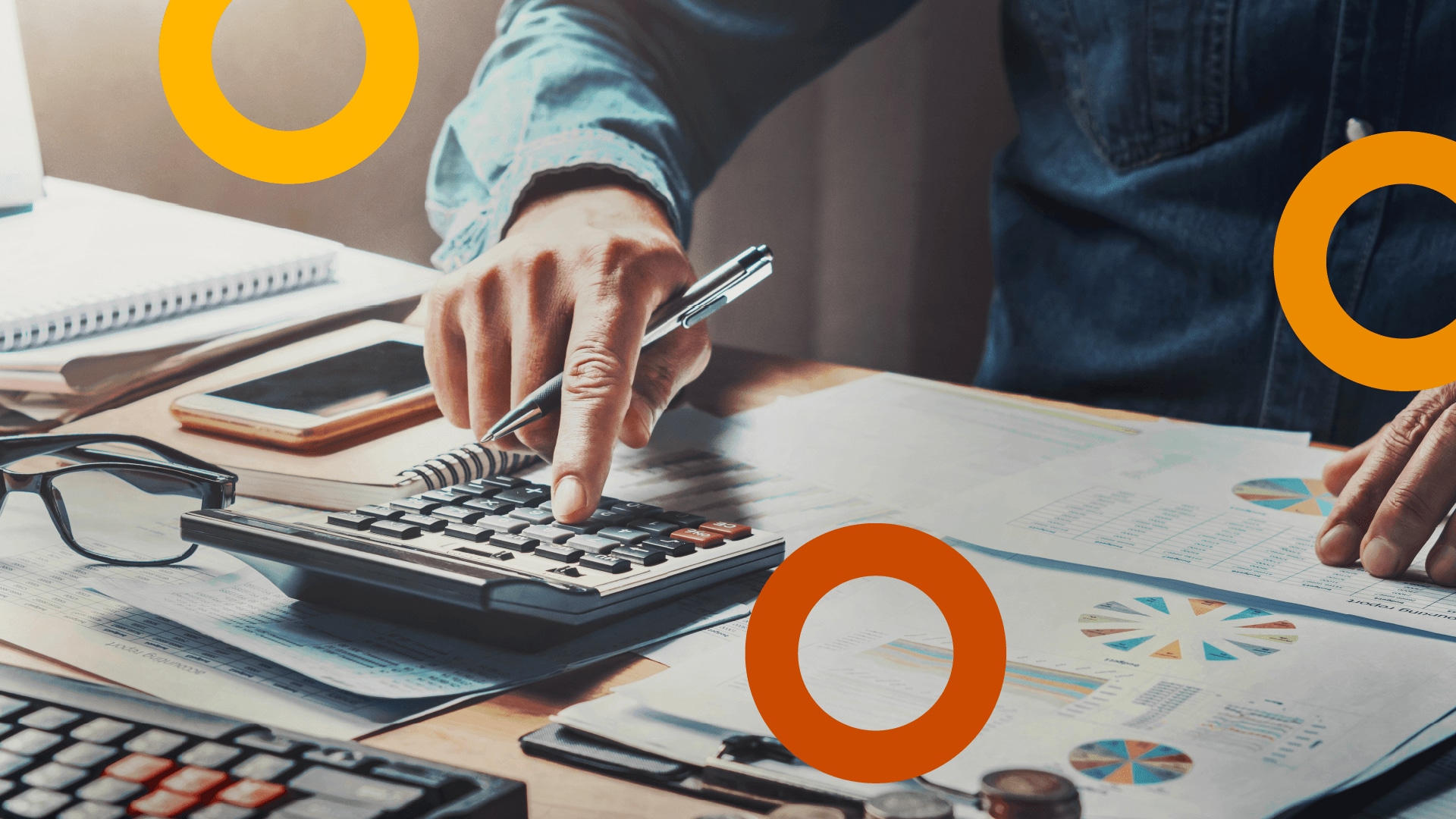How Vietnamese Traders Can Master Emotional Discipline in CFD Trading
Imagine this: You’ve just closed a successful trade, and your confidence is soaring. But instead of sticking to your plan, you impulsively jump into another trade, only to watch your gains evaporate. Or perhaps you’ve experienced a loss, and in an effort to recover quickly, you take on excessive risk which then leads to even greater losses. These emotional reactions are all too common in CFD Trading in Vietnam and can derail even the most promising trading strategies. Mastering emotional discipline is essential to trading success, helping you make rational decisions instead of letting fear, greed, or frustration take control.
Recognizing Emotional Triggers
The first step to mastering emotional discipline is understanding the common triggers that affect traders. Fear of missing out (FOMO), overconfidence, and frustration from losses are some of the most common emotions that influence trading decisions. For Vietnamese traders, these emotions can be heightened by the fast-paced nature of CFD trading in Vietnamand the use of leverage, which amplifies both profits and losses.
Recognizing these triggers allows you to pause and evaluate your decisions before acting impulsively. For example, if you notice you’re feeling overly confident after a streak of wins, it’s a signal to step back and reassess your trading plan.
Develop a Solid Trading Plan

A well-structured trading plan acts as a buffer against emotional decision-making. When you have clear rules for entering and exiting trades, position sizing, and risk management, you’re less likely to deviate due to emotions. Your trading plan becomes a guide, helping you stay focused on your long-term goals rather than short-term market fluctuations.
For Vietnamese traders, incorporating specific goals and strategies tailored to local and global markets can make your plan more actionable. For instance, if you trade forex CFDs like USD/VND, set precise entry and exit points based on technical and fundamental analysis, and stick to them no matter how the market moves.
Use Risk Management Tools
Proper risk management is a critical component of emotional discipline. Tools like stop-loss and take-profit orders can help automate your trades, reducing the temptation to interfere based on emotional impulses. By predefining the maximum loss you’re willing to accept, you limit the emotional impact of a trade going against you.
Additionally, only risk a small percentage of your trading capital on any single trade—typically no more than 1-2%. This approach ensures that a single loss doesn’t have a significant emotional or financial impact, allowing you to recover with confidence.
Avoid Overtrading
Overtrading is a common pitfall driven by emotions such as greed or the desire to recover losses quickly. This often results in poor decision-making and increased exposure to risk. Stick to your trading plan and avoid taking unnecessary trades just to “stay active” in the market. Remember, quality always outweighs quantity when it comes to trading.
Take Breaks and Set Limits
Trading can be intense, especially in volatile markets like forex or cryptocurrencies. To maintain emotional discipline, set limits on your trading sessions and take regular breaks. Stepping away from the market allows you to recharge and gain perspective, reducing the likelihood of impulsive decisions.
Mastering emotional discipline is a journey that every trader must undertake, especially in the high-stakes world of CFD Trading in Vietnam. By recognizing emotional triggers, sticking to a solid trading plan, and using risk management tools, you can make rational decisions even in the most volatile markets. Incorporating mindfulness, education, and a supportive community further strengthens your ability to stay calm and focused.
Success in CFD trading isn’t just about market knowledge—it’s about mastering yourself. With consistent effort and awareness, Vietnamese traders can develop the emotional discipline needed to navigate the challenges of trading and achieve their financial goals.







